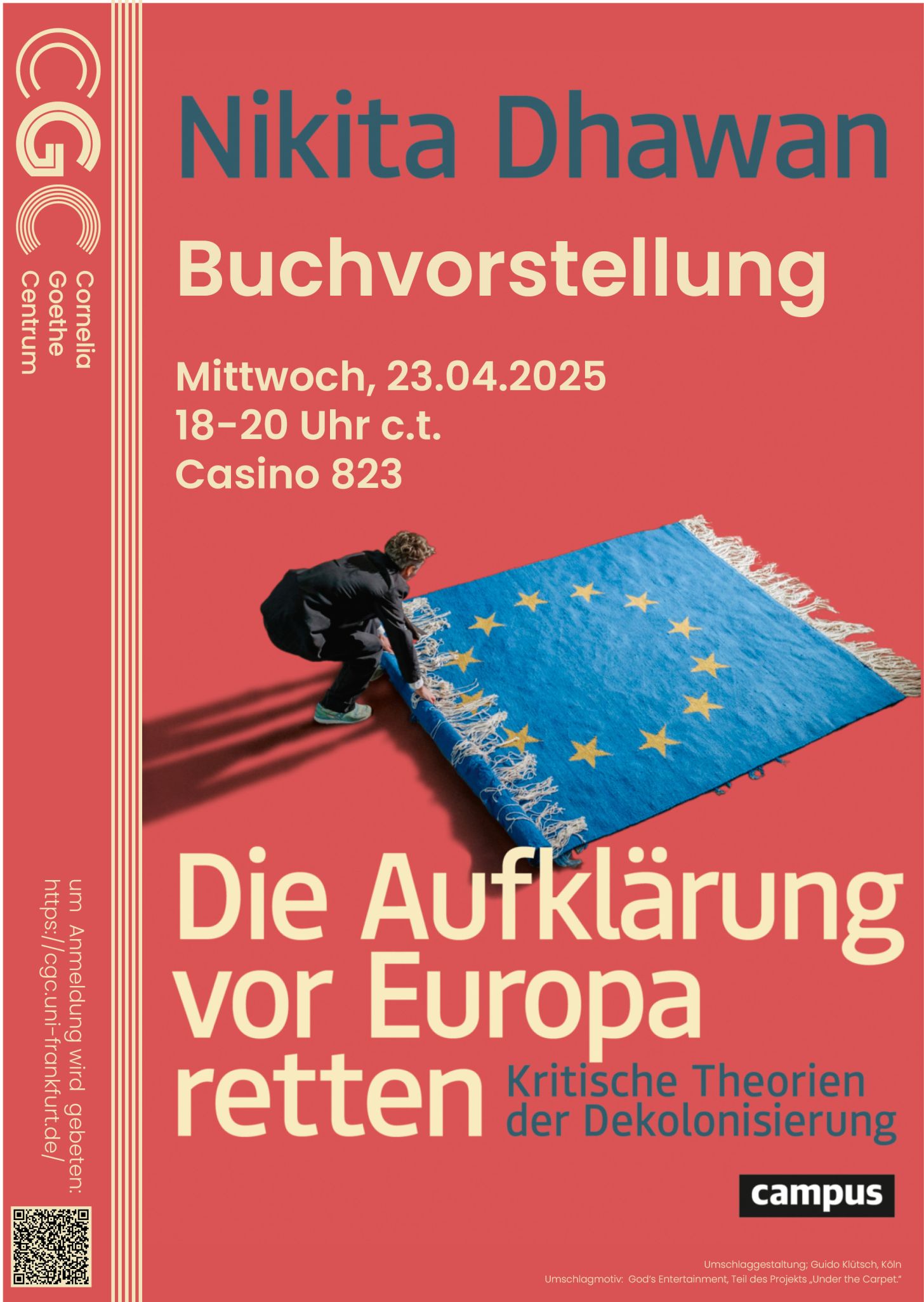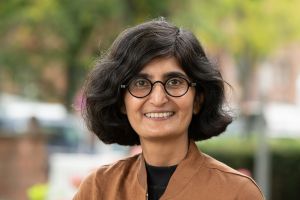
Casino 823 (Festsaal)
Postcolonial studies explores the economic, socio-political, and intellectual legacies of the colonial worldview and how these persist in today's world. However, the field is currently facing criticism from multiple quarters. It has been described as anti-rational, anti-universalism, Eurocentric, and even antisemitic. In my talk, I will examine how postcolonial studies contributes to rethinking the nature and scope of critical thought by addressing these serious concerns. I will demonstrate that such characterizations often stem from misunderstandings of the project of decolonization and argue that criticizing the Enlightenment and its legacies does not necessarily entail rejecting them, nor does engaging with Enlightenment principles mean endorsing them unconditionally. I will also focus on the "missed encounters" and "unfinished conversations" between postcolonial studies and Holocaust studies. My central thesis is this: Unlike the decolonial approach, which views decolonization as an "epistemic delinking" from modernity, and in contrast to those who argue that criticism of the Enlightenment automatically leads to normative nihilism, I contend that it is indeed possible to "employ the master’s tools to dismantle the master’s house" (Lorde).
At the event, there will be a book table where the book can be purchased. The price is 20 euros, and payment can only be made in cash.

Nikita Dhawan a professor of Political Theory and History of Ideas at the Technical University of Dresden. Her areas of focus include global justice, human rights, democracy, and decolonization. In 2017, she received the Käthe-Leichter-Award for outstanding achievements in women's and gender studies, as well as for supporting the women's movement and promoting gender equality. In 2023, she was awarded the Gerda Henkel Visiting Professorship at Stanford University and the Thomas Mann Fellowship in Los Angeles.
Nikita Dhawan has been an associated member of the Cornelia Goethe Center since 2009.
If you want to participate in the event, please register with the form below.
